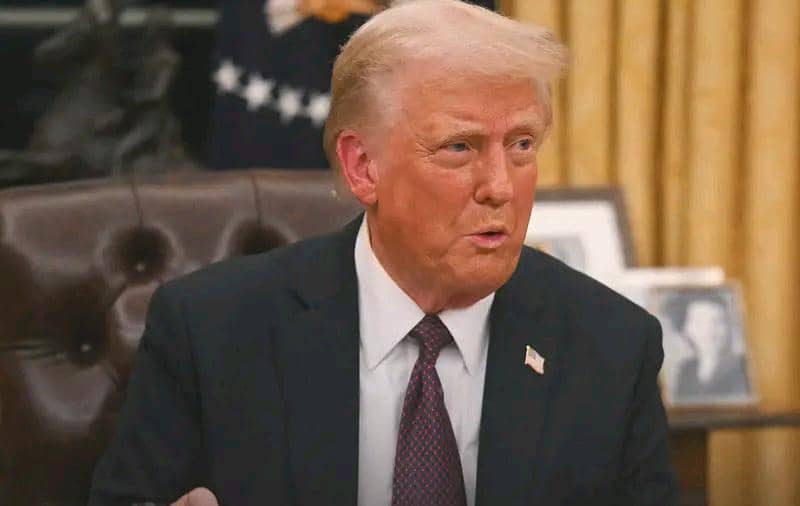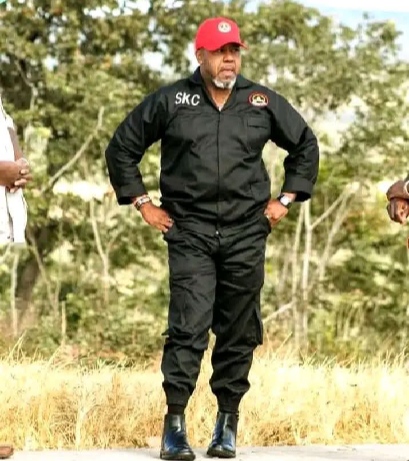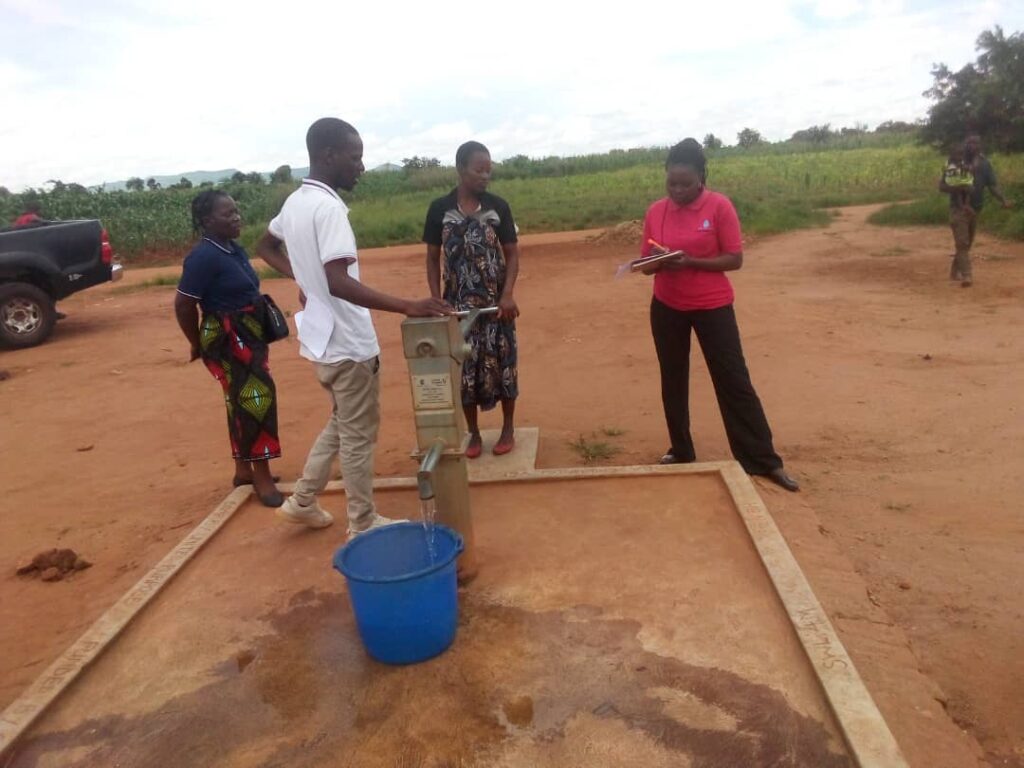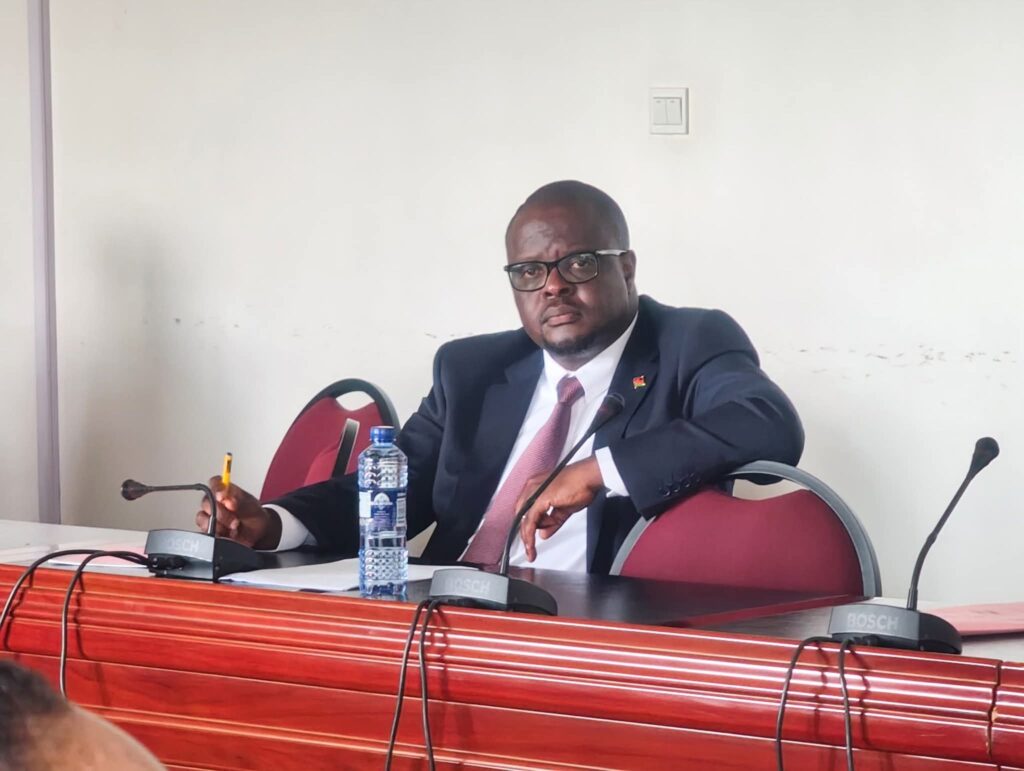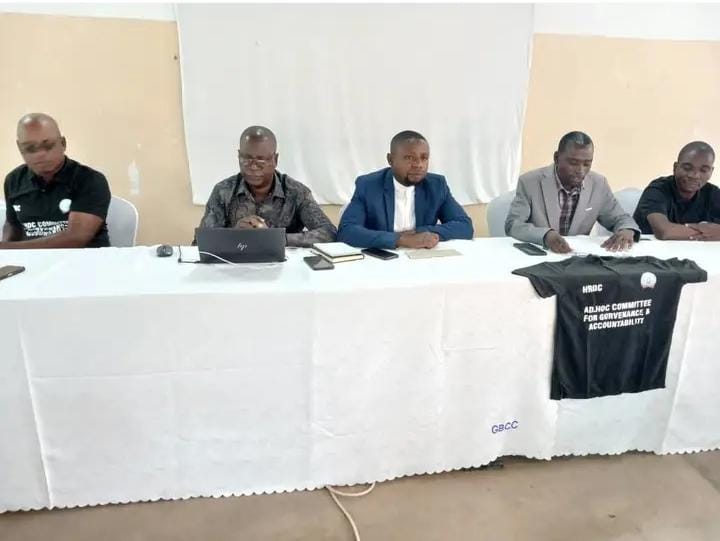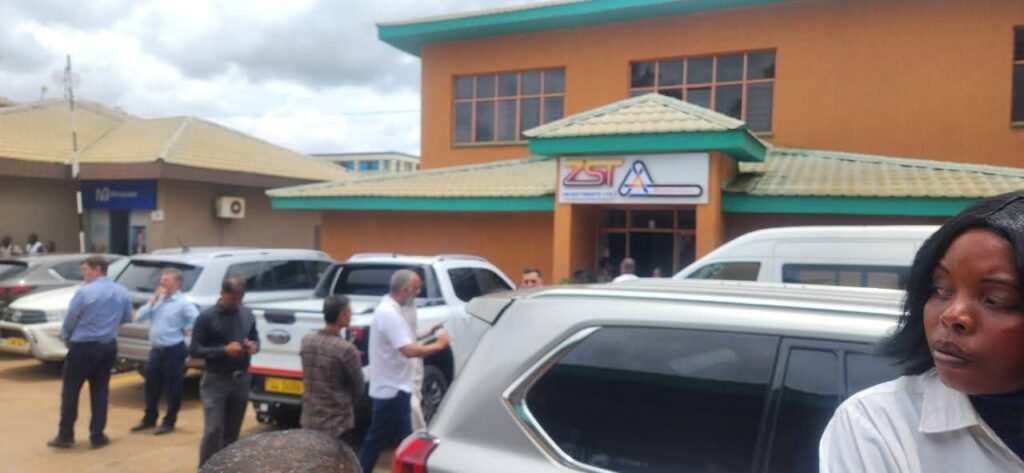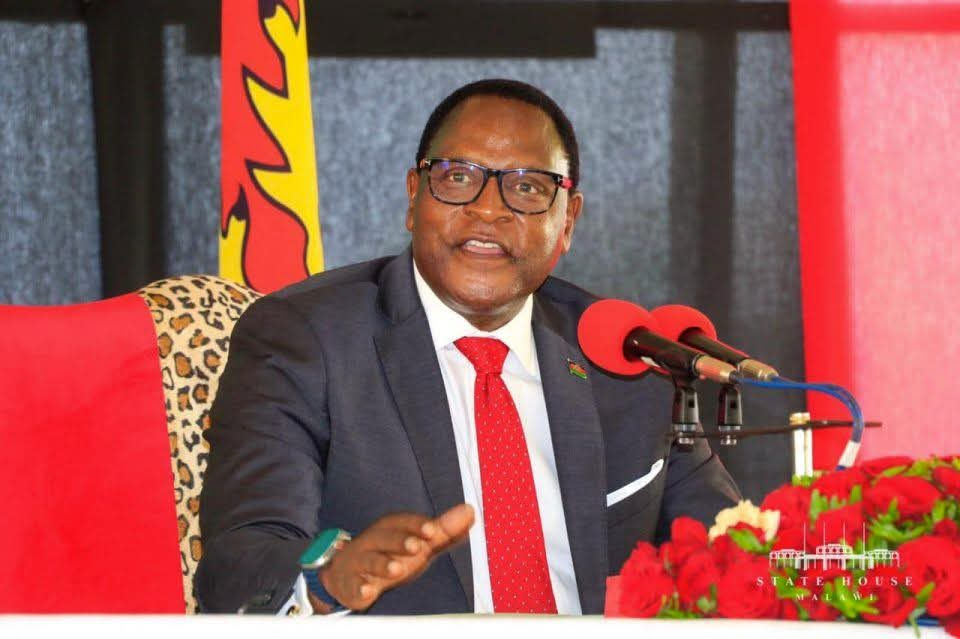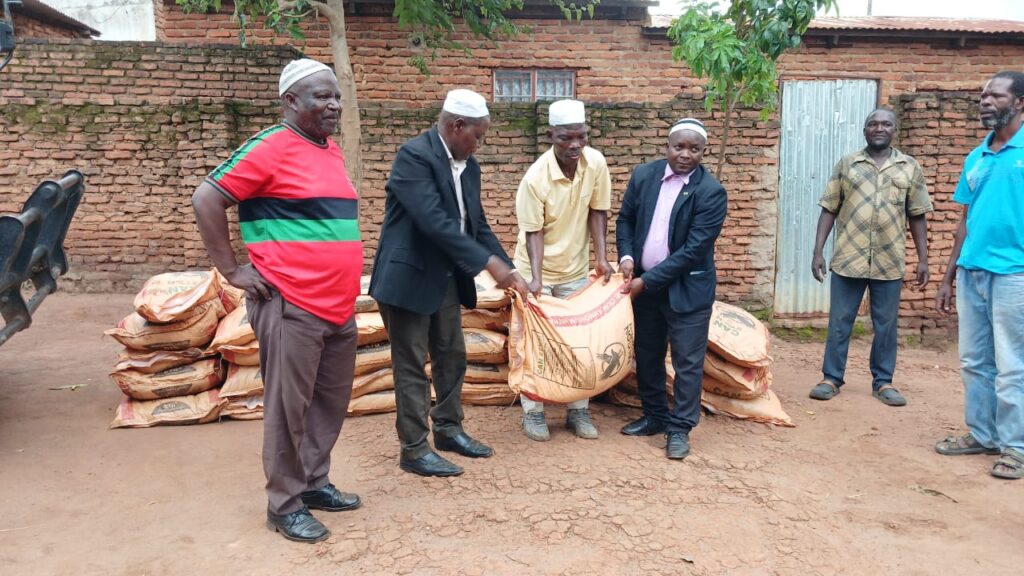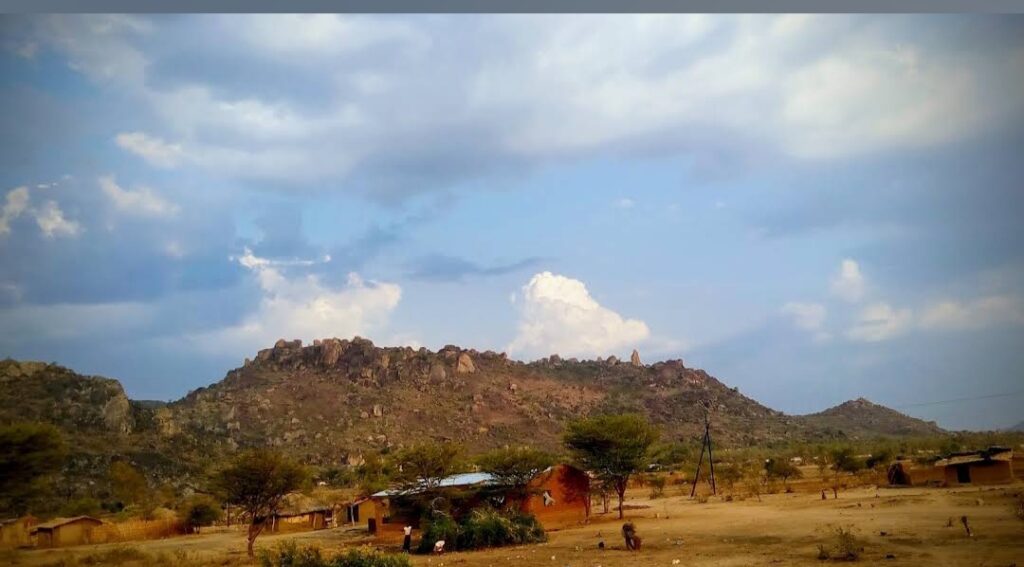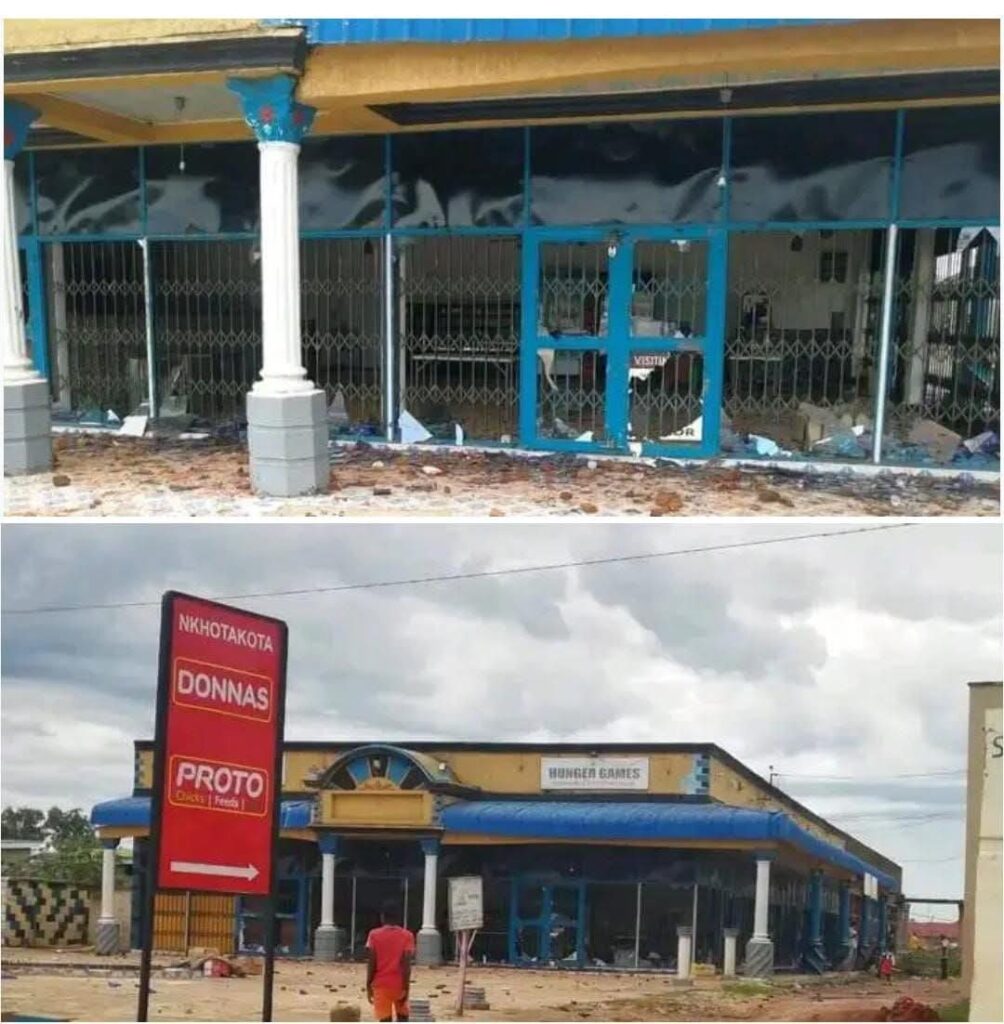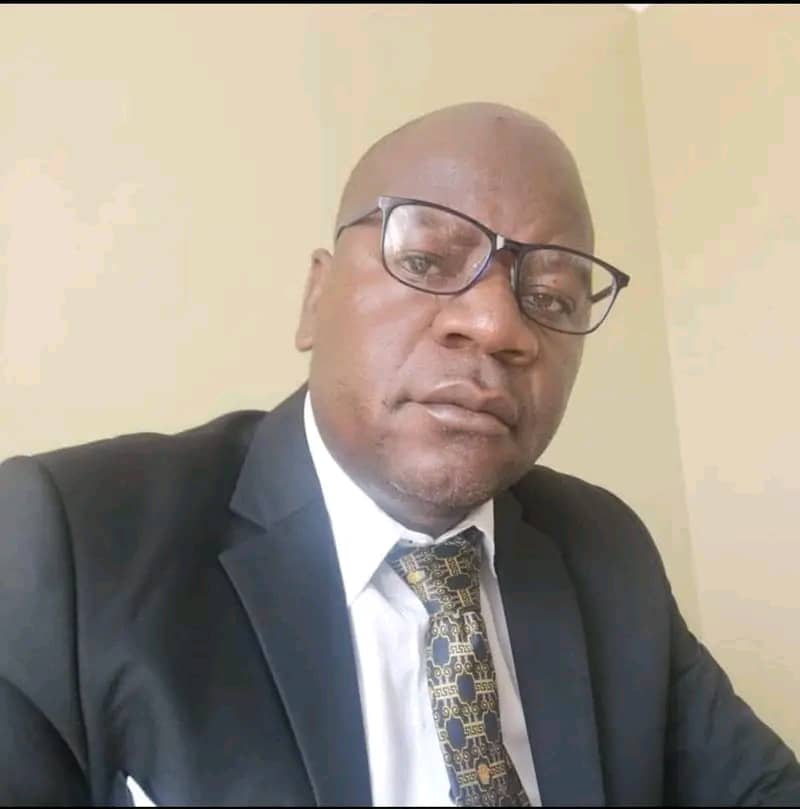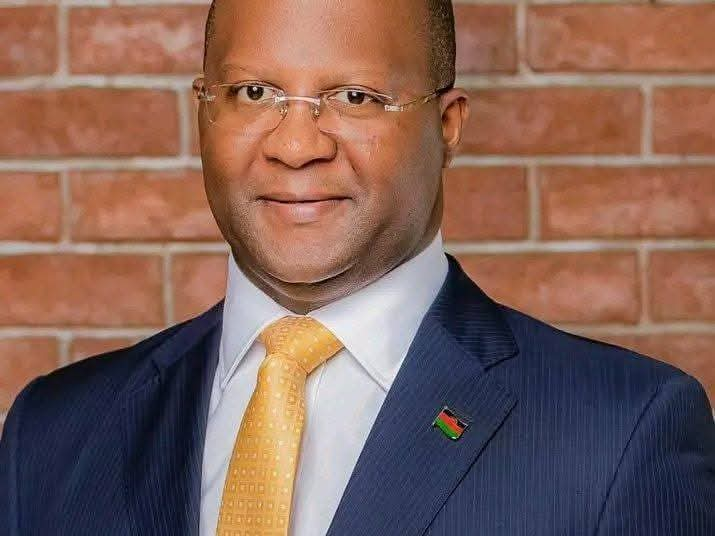By Twink Jones Gadama
The recent decision by former President Donald Trump to suspend foreign aid for 90 days has sent ripples of concern across various nations, particularly those like Malawi that have heavily relied on American assistance for their development projects. This suspension, while temporary, raises significant questions about the sustainability of Malawi’s development agenda and the broader implications for its economic independence. As Malawi grapples with the potential fallout from this decision, it is crucial to analyze the situation not only in terms of immediate impacts but also in the context of long-term strategies for economic self-sufficiency.
Malawi, a landlocked country in southeastern Africa, has faced numerous challenges over the years, including poverty, food insecurity, and limited access to education and healthcare. The United States has been a key partner in addressing these issues, providing substantial aid that has supported various sectors, including agriculture, health, and education. The suspension of this aid, even for a short period, could disrupt ongoing projects and hinder progress in areas that are critical for the nation’s development.
However, while the suspension of aid is undoubtedly a cause for concern, it also presents an opportunity for Malawi to reassess its reliance on foreign assistance. The reality is that dependence on external aid can create vulnerabilities, particularly when political dynamics shift in donor countries. The unpredictability of foreign aid can lead to instability in funding for essential services and projects, making it imperative for Malawi to explore alternative avenues for economic growth and development.
One of the most pressing issues Malawi faces is the need to diversify its economy. The country has historically relied on agriculture, particularly tobacco production, as its primary source of income. This dependence on a single commodity not only exposes the economy to fluctuations in global markets but also limits the potential for sustainable growth. By investing in other sectors such as tourism, manufacturing, and renewable energy, Malawi can create a more resilient economy that is less susceptible to external shocks.
Moreover, fostering a culture of entrepreneurship and innovation is essential for Malawi’s economic independence. The government, in collaboration with private sector stakeholders, should prioritize initiatives that support small and medium-sized enterprises (SMEs). By providing access to finance, training, and mentorship, Malawi can empower its citizens to create jobs and drive economic growth from within. This shift towards a more self-reliant economy will not only reduce dependence on foreign aid but also enhance the overall quality of life for Malawians.
In addition to diversifying the economy and promoting entrepreneurship, Malawi must also focus on improving governance and reducing corruption. A transparent and accountable government is crucial for attracting both domestic and foreign investment. By creating a conducive environment for business, Malawi can stimulate economic activity and generate revenue that can be reinvested into public services and infrastructure. Strengthening institutions and ensuring that resources are used effectively will build trust among citizens and investors alike, further bolstering the country’s economic prospects.
Education and skills development are also critical components of Malawi’s journey towards economic independence. A well-educated workforce is essential for driving innovation and productivity. The government should prioritize investments in education, ensuring that curricula are aligned with the needs of the job market. By equipping young people with the skills necessary to thrive in a rapidly changing global economy, Malawi can harness its demographic dividend and create a more competitive workforce.
Furthermore, Malawi should actively seek to strengthen regional partnerships and trade agreements. By engaging with neighboring countries and regional organizations, Malawi can tap into new markets and opportunities for collaboration. The African Continental Free Trade Area (AfCFTA), for example, presents a significant opportunity for Malawi to expand its trade relationships and reduce reliance on external aid. By promoting intra-African trade, Malawi can enhance its economic resilience and create a more sustainable development model.
While the suspension of US aid is a challenge, it is also a wake-up call for Malawi to rethink its development strategy. The country must recognize that true economic independence will not come from external assistance but from a concerted effort to build a self-sustaining economy. This requires a shift in mindset, moving away from dependency and towards empowerment.
In conclusion, while the temporary suspension of foreign aid from the United States is a cause for concern for Malawi, it also presents an opportunity for the nation to reassess its development strategies and work towards greater economic independence. By diversifying its economy, fostering entrepreneurship, improving governance, investing in education, and strengthening regional partnerships, Malawi can build a more resilient and self-sufficient future. The path to economic independence may be challenging, but it is a necessary journey for Malawi to ensure sustainable development and improve the lives of its citizens. As the nation navigates this uncertain landscape, it must remain steadfast in its commitment to creating a brighter future, free from the constraints of foreign aid dependency.
- Judiciary vs Reform: How Courtroom Decisions Are Undermining Malawi’s Promise to the Poor
- Amalawi Ataya Chikhulupiriro mu Ma Khoti: Pamene Chilungamo Chimasanduka Chifukwa cha Umphawi
- Malawians Have Lost Faith in the Judiciary: When Justice Becomes a Driver of Poverty
- Kamphangala joins Jumbe pleading for Chilima’s justice
- Dowa Council Water sector conducts DCT validation on water points
- Vitumbiko Mumba deserves his flowers: A Leaders building wealth, Not dependency
- HRDC’s “Natural Death” Was Self-Inflicted
- HRDC Unmasked: From Civil Rights Watchdog to MCP’s September 16 Political Wing
- HRDC at War With Itself: Members Demand AGM, Leaders Cry “Impostors”
- Why the Chikangawa Plane Crash Investigation Is Taking Too Long-Jumbe
- Chiradzulu-Based Youth Activist Suleman Atupele Chitera Faults NEEF Over Elite Loan Abuse
- Armed abduction shocks Lilongwe: cross roads hotel owner Snatched in broad daylight
- Chakwera owes Malawians A simple sentence: “I failed you. I am sorry.”
- QMAM assists Muslim Farmers through fertiliser loans
- Seven Years of Greed: Kwitunji Chiefdom in Mangochi Under Siege
- Nkhotakota Police Under Fire for Failure to Arrest Suspects in Attack on Swedi Family’s Property

